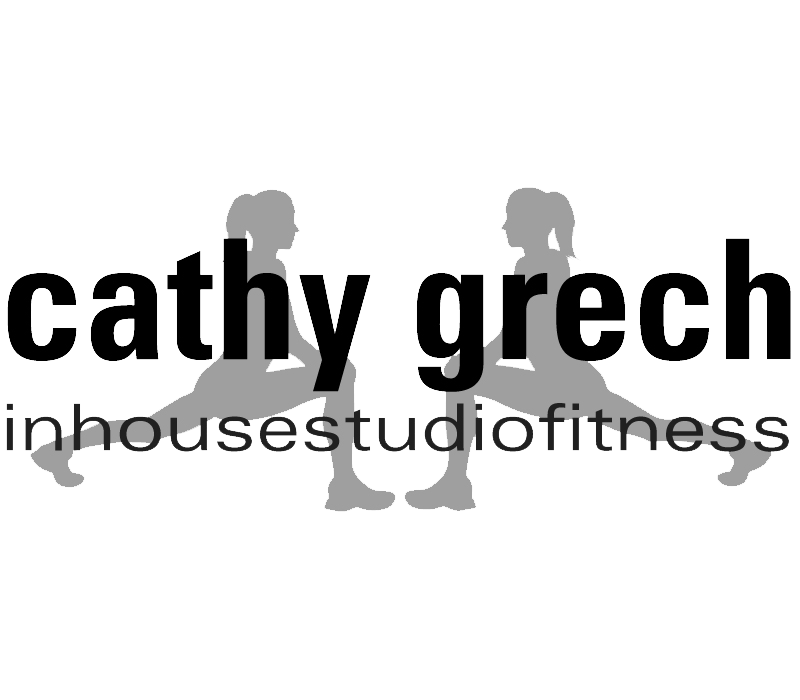Setting age appropriate goals for fitness
Tricked you! While I believe we always need to keep a few things in mind when we think about our fitness goals, age isn’t necessarily a factor when it comes to determining what you can achieve. Let’s face it, Lester Wright is 100 years old and earlier this year, he set a new record for the 80 plus crowd for the 100m dash. While it won’t have Usain Bolt worrying about any of his speed records being beaten, running sprints at 100 years old shows there are no age limits to fitness.
Getting older can be frustrating as age related illness or injuries can start to show themselves and some or unavoidable through either a genetic predisposition, overuse or repeated poor form such as lifting with your back and not your legs. Let’s see a show of hands for those with cartilage free knees thanks to a lifetime of sport or the dodgy back from a career of hard labour. Once these aches and pains show themselves, sometimes we think it is time to retire from a life of sport or fitness training, but this is when it becomes even more important to keep moving!
Let’s take a look at age because there is more than one way to date yourself:
Chronological age – this one is easy peasy as it’s your birthday.
Biological age – this is the one they make a fuss about on certain reality shows where we see the contestant transform themselves from the couch potato to fitness buff. Regular training and good food choices over a period of time can make your biological age lower than your chronological age. The reverse is true too – poor nutrition and a sedentary lifestyle can have you aging faster than the actual years you have lived!
Training age – this one is where you look at how long you’ve been actively engaged in a form of training. Are you new to strength training or do you have loads of experience?
Mindset age – your mental attitude to your age can have a direct impact on how long you may live! In fact, The Atchley's Ohio Longitudinal Study of Aging and Retirement found that “people with more positive views of their own aging lived, on average, 7.6 years longer than people with more negative views.
Daniel Levitin’s book Successful Aging: A Neuroscientist Explores the Power and Potential of Our Lives discusses key factors in our thinking that may restrict us no matter our age. Do you tell yourself that you can’t do pushups? Do you think that you are never going to be able to get up early and go to the gym because you aren’t a morning person? Does the little voice inside your head tell you that you are no good at stretching as you simply aren’t flexible?
Levitin says that “you can change your brain and overcome limitations that you have encountered previously, not just with effort, but with focused directed learning.” This means you can flip the conversation you have with yourself and it is possible that you will be able to do push ups or get up early or touch your toes. It’s not your age that is holding you back, it’s your thinking! In fact, Levitin also says “I’m not saying that you are only as old as you feel, but you can set your mind to feel not as old as you are.” Hmmm, I think that today I feel 25 so I have loads of energy and I can take on the world!
Now back to those injuries that may have come with age and overuse of certain joints. Yes, sometimes it will hurt to keep training, but it is likely that it will be worse if you don’t keep moving. Losing muscle mass is hugely problematic as we age and worse is when we lose so much condition that our muscles can’t support injured joints making the issue – and the pain – worse. This is when you talk to your health practitioner and get some advice on what you can do. It may be swimming,
walking or weight training in which case, you choose someone such as an experienced personal trainer like myself who can develop a program that helps you work within the limitations of your injuries and can adapt your program as your strength improves. And guess what, the more you train, the lower your biological age and the better you will feel.
So back to the heading of this article and I say that age, in particular chronological age, doesn’t matter when it comes to setting your fitness goals. The key is to consider how you think and work to readjust your mindset and then just get moving or consider ramping up your current program and stick with it. Consistency is always the key to improving and maintaining your health so what are you waiting for?
